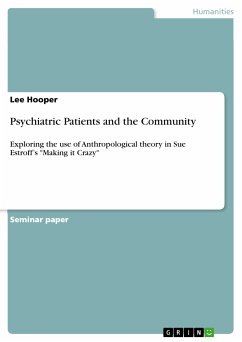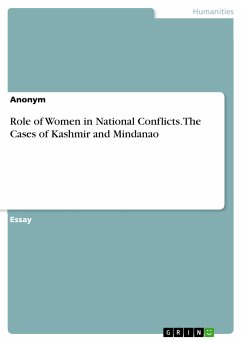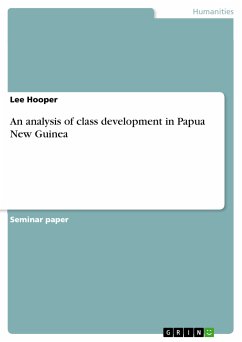Seminar paper from the year 2011 in the subject Ethnology / Cultural Anthropology, grade: 1,75, Massey University, New Zealand, language: English, abstract: In an age where psychiatric disorders are an increasing problem at both local and global levels, the need for qualitative ethnographic work by anthropologists is becoming more and more critical in understanding the issues surrounding diagnosis and treatment of mental health issues (Schlaepfer & Nemeroff, 2012, p. 1). By examining Estroff's (1981) Making it Crazy, a review will be presented that analyses Estroff's theoretical stance and how its application is both useful and a hindrance in understanding the complexities of psychiatric disorders. While Estroff incorporates interpretative anthropology, structural-functionalism, and various other anthropological, sociological, and psychological methods in her case study, her main theoretical stance that will be examined is an interpretative anthropological one. Through first providing a brief outline of Estroff's ethnography and a definition of interpretative anthropology, the way she explores her subject through various interpretive methods will be demonstrated with an analysis of its strengths and weaknesses. By applying an interpretive framework, Estroff is able to gain an in-depth understanding of the complexities of patient life. However if other anthropological theories had been integrated into the analysis a more holistic interpretation and conclusion would have been reached.
Dieser Download kann aus rechtlichen Gründen nur mit Rechnungsadresse in A, B, BG, CY, CZ, D, DK, EW, E, FIN, F, GR, HR, H, IRL, I, LT, L, LR, M, NL, PL, P, R, S, SLO, SK ausgeliefert werden.
Hinweis: Dieser Artikel kann nur an eine deutsche Lieferadresse ausgeliefert werden.









